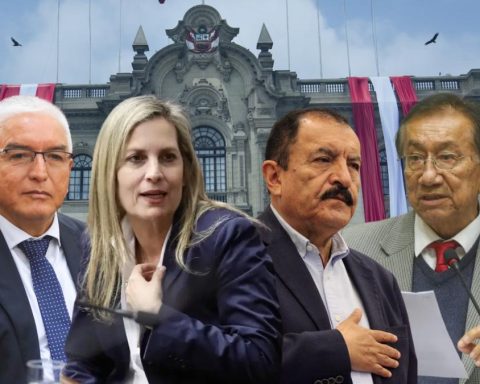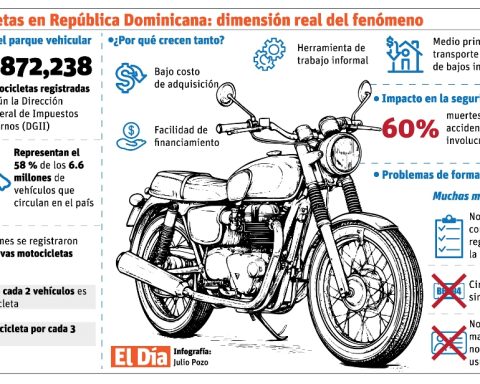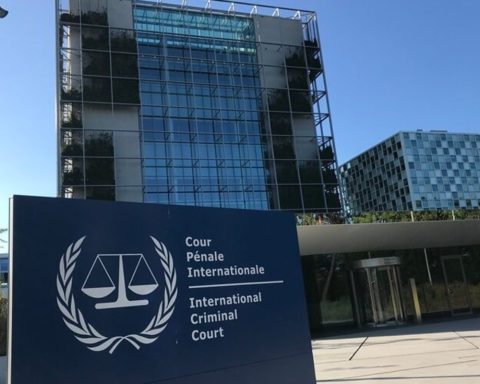The head of the Secretariat for Comprehensive Drug Policies of the Argentine Nation (Sedronar), Gabriela Torres, highlighted on Wednesday the importance of states “considering public policies that equal rights” Regarding the problematic consumption of substances by people living on the streets, during an event parallel to the session of the Commission on Narcotic Drugs of the UN.
“We must not naturalize that there are people who live on the street and have all their rights violated. In addition, we cannot think about this problem without talking about injustice, exclusion and social inequity,” said Torres, who explained that there must be a “building of trust” between those who live on the street and the State.
Torres headlined the side event “Caring for and accompanying homeless people affected by problematic drug use“, organized by Sedronar together with Intercambios, a civil association for the study and care of drug-related problems.
The presentation was made within the framework of the 65th session of the UN Commission on Narcotic Drugs.
He specified that in Argentina “we have community houses that provide care to homeless people who have problematic substance use”.
Within the framework of the 65th session of the Commission on Narcotic Drugs (#CND65) of the United Nations, a satellite event was held with the participation of Secretary @torresgabitobeside @JorxsDiiorio and @pablocymerman from @interchanges_ac. pic.twitter.com/Rg1SCte89R
– Sedronar (@Sedronar) March 16, 2022
“And we have specific spaces for women, families and men. In addition, we have a policy of opening more spaces to address this problem,” he added.
Torres specified that “someone who has lived on the streets for a long time, who had to take care of himself in order to survive, who has been told no millions of times by humanity, it is very difficult to trust“.
And he added that for this reason “there is no way of not taking into account the dynamics of the intervention time, that all the people can come, go and come back”.
He specified that this intermittence “is part of the accompaniment processes in people living on the street, it is a reality and it is not an indicator if it comes or does not come. There is a construction of confidence that has to do with time and with that possibility of showing that we are “.
















